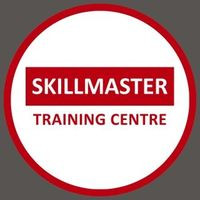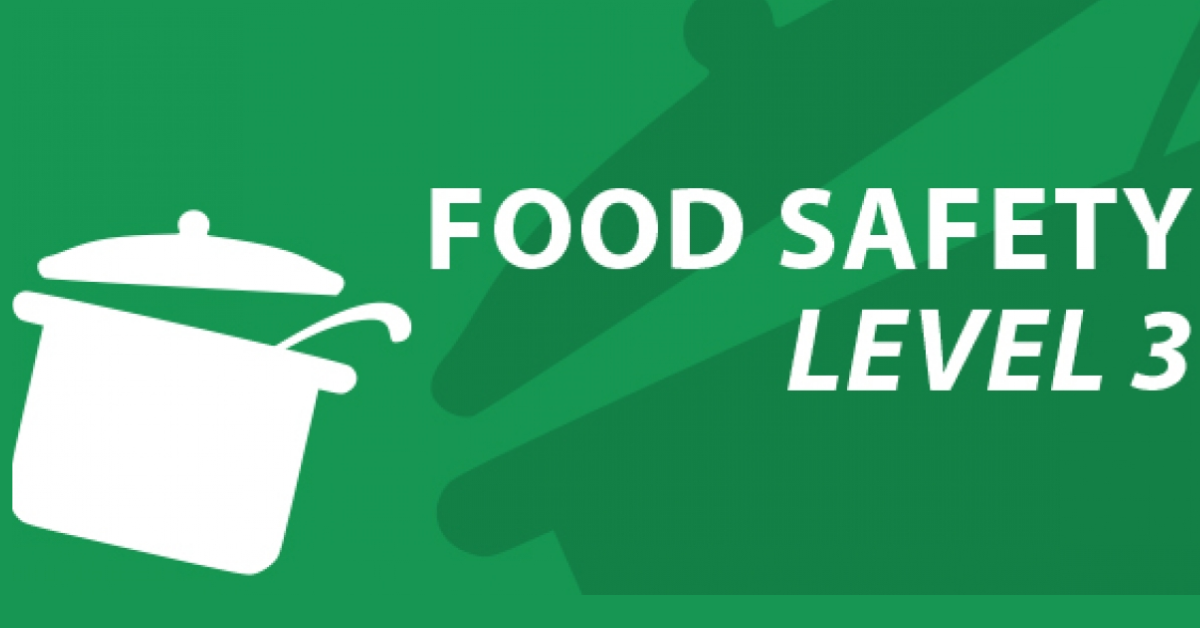Food Safety Course: The Key to Clean and Safe Food Handling

Strong 8k brings an ultra-HD IPTV experience to your living room and your pocket.
Food safety is one of the most important aspects of the food and beverage (F&B) industry. Whether you’re working in a restaurant, café, hotel, or catering service, keeping food safe from contamination is a top priority. For this reason, many countries now require food handlers to complete a Food Safety Course before starting their jobs.
This course is not only a legal requirement but also a necessary step to learn how to handle, store, prepare, and serve food in a clean and hygienic way. In this article, we will explain everything you need to know about a food safety course, including its purpose, who should take it, what you learn, and how it helps your career.
What is a Food Safety Course?
A Food Safety Course is a professional training program designed to teach food handlers how to safely manage and prepare food. The course includes information on personal hygiene, food contamination, cooking temperatures, cross-contamination, cleaning and sanitising, pest control, and waste disposal.
After completing the course, participants are usually required to pass a short test to receive a certification or a statement of attainment. This certificate proves that the person understands how to keep food safe and prevent foodborne illnesses.
Why is Food Safety Important?
Unsafe food can cause serious health problems. Foodborne illnesses such as food poisoning, diarrhoea, or infections can harm customers and damage a business’s reputation. In severe cases, it can even lead to legal action or the shutdown of the food outlet.
Here are the main reasons food safety is important:
Protects consumer health
Prevents food poisoning outbreaks
Improves food quality and shelf life
Helps businesses meet hygiene and inspection standards
Builds customer trust and loyalty
Who Should Take a Food Safety Course?
Anyone who works directly with food should take this course. This includes:
Chefs and cooks
Kitchen assistants
Waiters (if serving open food)
Street food vendors
Bakery staff
Supermarket food handlers
Food delivery workers (handling unpackaged food)
Restaurant managers and supervisors
Catering staff and hawkers
Food production or factory workers
Even food business owners and entrepreneurs benefit greatly by understanding the core concepts of food hygiene and safety.
Types of Food Safety Courses
There are usually different levels of food safety courses available, depending on your role and responsibility in the food industry:
✅ Basic or Level 1 Food Safety Course:
For entry-level food handlers
Focuses on hygiene practices, handwashing, cleaning, food storage
✅ Level 2 Food Safety Course:
For team leaders or senior food staff
Covers supervision, food safety law, and control measures
✅ Level 3 Food Safety Course:
For supervisors, managers, or QA officers
Includes HACCP, food safety management systems, and audits
Some countries may also offer refresher courses or specialised training in food allergens, food waste control, or halal food handling.
What Do You Learn in a Food Safety Course?
A typical course includes practical knowledge and theory-based learning. Topics may vary by level, but most courses teach:
Personal hygiene (e.g., proper handwashing)
Types of food contamination (biological, chemical, physical)
Cross-contamination prevention
Correct cooking and refrigeration temperatures
Safe storage of raw and cooked food
Cleaning and sanitising food equipment and surfaces
Food safety laws and regulations
Waste disposal and pest control
Handling complaints and emergencies
The goal is to make food handlers fully aware of how small mistakes can lead to big problems — and how to avoid them.
Course Duration and Format
The duration of a food safety course depends on the level:
Basic Level: 1 day (around 8 to 9 hours)
Level 2 and Level 3: 2 to 3 days
Online Options: Some providers offer e-learning with video lectures and quizzes
Practical Training: Many courses include hands-on activities to test cleaning methods, food handling, etc.
At the end of the course, participants usually take a written or practical test to complete their certification.
Assessment and Certification
To become officially certified, participants must:
Attend all training sessions
Pass a written and/or practical exam
Show proper understanding of hygiene principles
On passing, you receive a Food Safety Certificate, also called a Statement of Attainment or Training Completion Certificate, depending on the country and training provider.
This certificate may be valid for 3 to 5 years, after which a refresher course is required.
Validity and Renewal
In most cases:
Certificate validity: 5 years
Renewal method: Take a refresher food safety course before the expiry
Why renew? To stay updated with new laws, technologies, and practices
If your certificate expires, you may not be allowed to continue working in food-related roles until you renew it.
Language and Accessibility
Many training providers offer the course in multiple languages to accommodate non-English speakers. Common languages include:
English
Mandarin
Malay
Tamil
Hindi (in some regions)
Some courses are also designed for people with literacy challenges using visual learning methods.
Eligibility and Entry Requirements
The food safety course is open to all, with no strict academic qualifications needed. However, participants should be:
Above the age of 16
Able to read and understand the language of instruction
Physically able to perform simple kitchen tasks (e.g., handwashing)
There are no major restrictions, making it accessible to anyone entering the food industry.
Course Fees and Funding
The fees can vary based on location, level, and training centre:
Basic Course: $120 to $160
Level 2 or 3: $250 to $500
In Singapore and many other countries, locals can use government subsidies, workplace training grants, or SkillsFuture Credit to reduce the cost.
Some companies even sponsor their employees to complete the course for free.
Benefits of Completing a Food Safety Course
Here are the main advantages of taking the course:
Legal compliance: Meet government food handling laws
Job opportunities: More hiring chances in food outlets
Confidence: Perform your job with skill and care
Customer trust: Serve food safely and gain reputation
Career growth: Move up from handler to supervisor or manager
Reduced risks: Lower chances of food poisoning or health violations
In short, this course is a small investment that gives you big returns over time.
How to Register for a Food Safety Course
Here’s a step-by-step guide to register:
Find a certified training provider
Select course level (Basic, Level 2, or 3)
Choose a date and preferred language
Complete the online or in-person registration form
Make the payment (if required)
Attend the training and pass the test
Collect your certificate and keep it safe
Final Thoughts
A Food Safety Course is not just another training program — it's your foundation for a successful and safe career in the food industry. Whether you're just starting out as a food handler or planning to manage a restaurant, this course helps you understand and apply the best hygiene practices in real-life settings.
Food safety protects not only the customer but also your job, your business, and your future. That’s why more and more employers today demand certified staff as a standard requirement.
So, if you're looking to work in food service or improve your skills, taking a food safety course is a smart move. Get certified, get confident, and build a strong career with safe and clean food practices.
Note: IndiBlogHub features both user-submitted and editorial content. We do not verify third-party contributions. Read our Disclaimer and Privacy Policyfor details.



